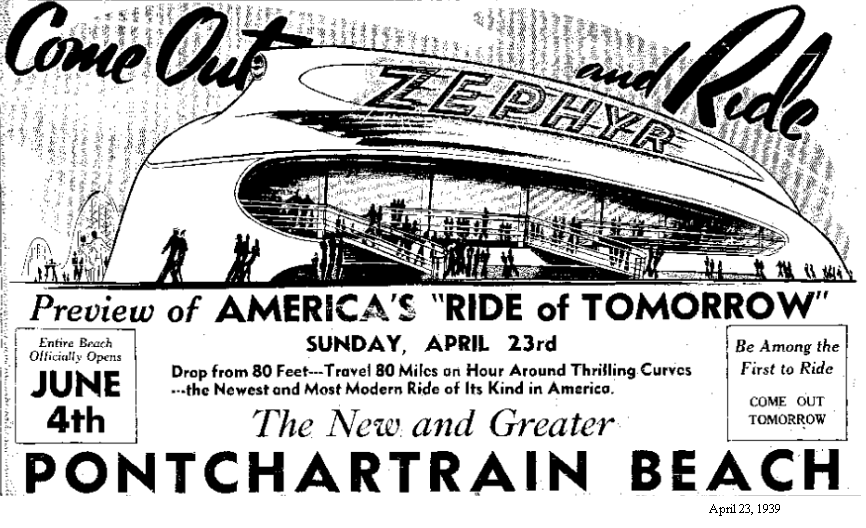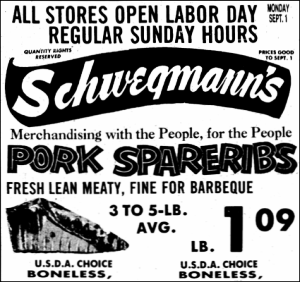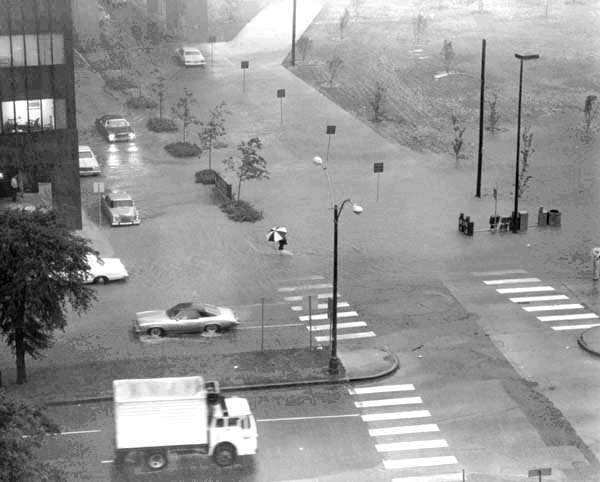|
Today in New Orleans History |
|
|
May 3



 

To receive an update for each day in New Orleans
history, join our facebook page
- Today in New Orleans History
Photo of Mayor Ernest N. Morial speaking at the ceremony renaming the Calliope Housing Project as the B. W. Cooper Apartments, May 3, 1981.
Clarence Ray Nagin, Jr. (born June 11, 1956), also known as C. Ray Nagin, our 60th mayor, became internationally
known in 2005 in the aftermath of Hurricane Katrina. Nagin was first elected in March 2002 and received significant crossover
vote from just about every segment of the population. He was re-elected in 2006 even though the election was held with at
least two-thirds of New Orleans citizens st ill displaced after Katrina struck. He was term limited by law and left office
on May 3, 2010. After leaving office, Nagin founded CRN Initiatives LLC, a firm that focuses on emergency
preparedness, green energy product development, publishing and public speaking. He wrote and self-published his first book,
Katrina Secrets: Storms after the Storms which gives a first-hand account of how New Orleans overcame the effects of Hurricane
Katrina. On January 18, 2013, Nagin was indicted on 21 corruption charges, including wire fraud, bribery, and money laundering
related to his alleged dealings with two troubled city vendors following Hurricane Katrina disaster. On February 20, 2013,
Nagin pleaded not guilty in federal court to all charges. In 2014 he was found guilty of all but one charge.
|
|
|

To receive an update for each day in New Orleans history,
join our facebook page - Today in New
Orleans History.
Analytics |


